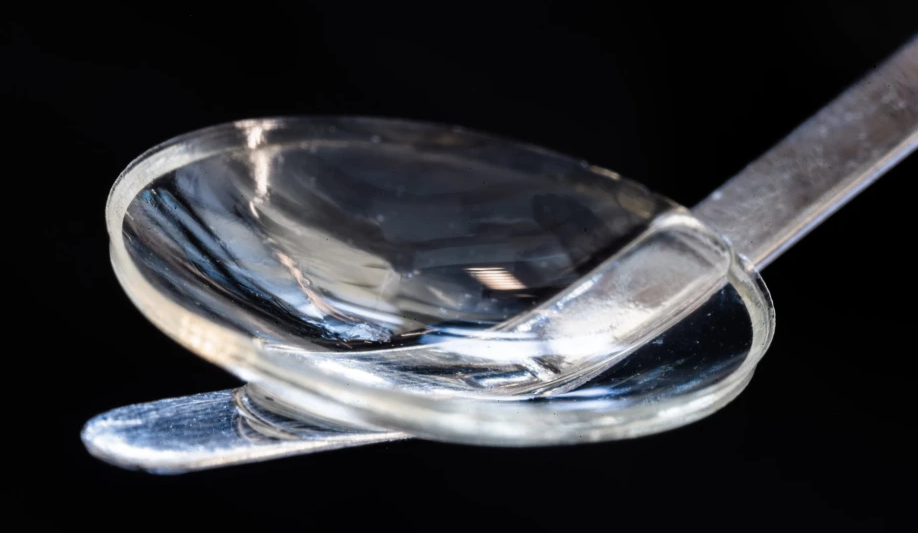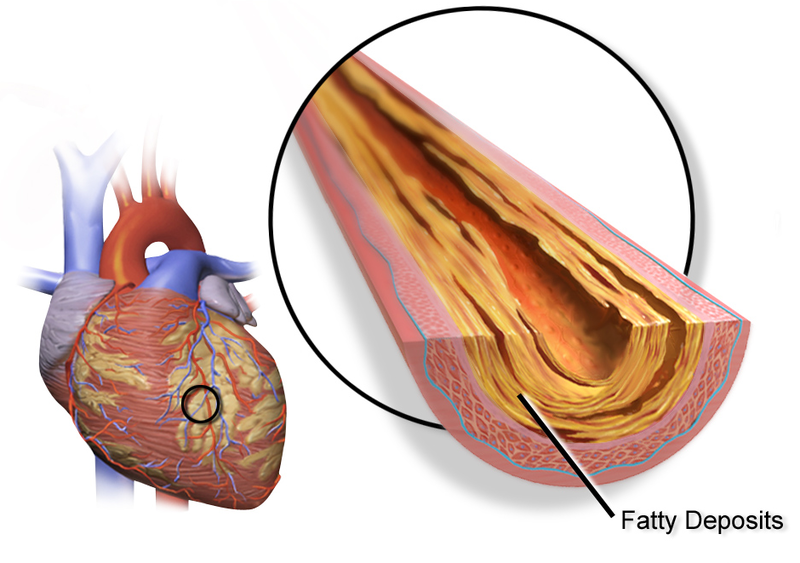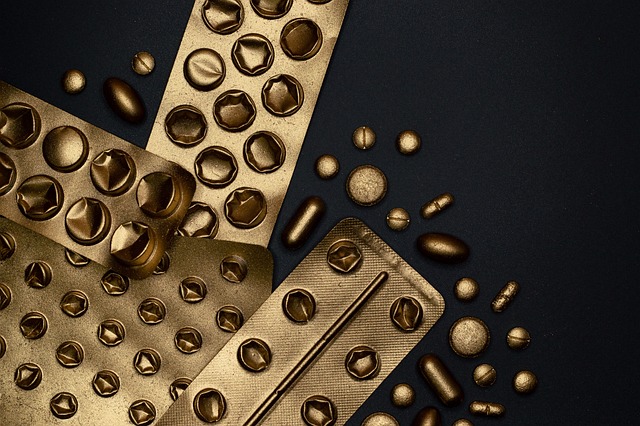Researchers from Linköping University in Sweden have developed artificial corneas made from pig collagen. They transplanted these artificial corneas into the eyes of twenty visually impaired patients. After two years of operation, all of them had improved sight, but three of them now have 20/20 vision.
All of these 20 patients live in Iran and India and were diagnosed with an eye disease called keratoconus. Keratoconus is a condition where the cornea (the eye’s protective outer layer) gradually gets thinner and bulges outward.
The disease affects 50 to 200 out of 100,000 people, and often requires surgery and replacing it with donor tissue. However, because of the shortage of donors, over 12.7 million people are currently waiting for a corneal transplant.
“The results show that it is possible to develop a biomaterial that meets all the criteria for being used as human implants, which can be mass-produced and stored up to two years and thereby reach even more people with vision problems. This gets us around the problem of shortage of donated corneal tissue and access to other treatments for eye diseases,” says Neil Lagali, one of the researchers behind the study.
It is a great achievement and the promising results could bring a ray of hope for corneal blindness sufferers
These corneas could prove as an alternative for those who are waiting for human cornea transplants for years. Moreover, human corneas have a limitation that they must be transplanted within two weeks. However, these bioengineered corneas can be stored for up to two years and are cheaper.
Mehrdad Rafat, an entrepreneur behind the design, said, “We’ve made significant efforts to ensure that our invention will be widely available and affordable by all and not just by the wealthy. That’s why this technology can be used in all parts of the world,”
The new findings appeared in the journal Nature Biotechnology.







